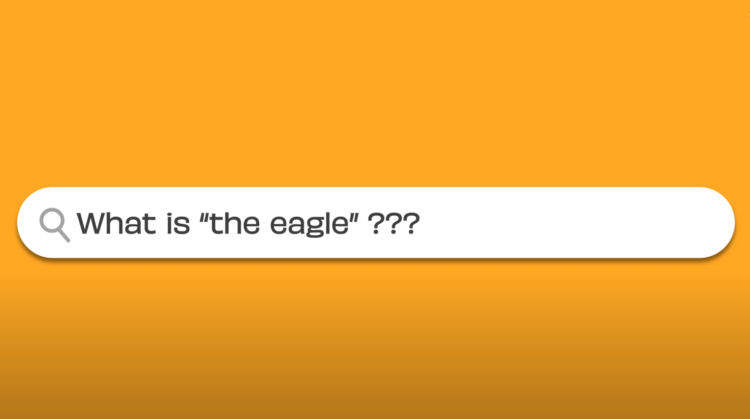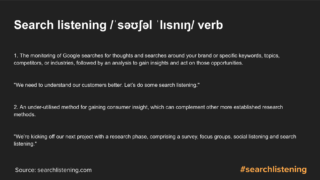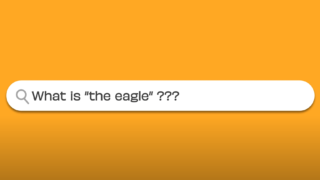Let’s play a game of ‘Have you ever…?’
I think the results might surprise you.
Have you ever:
- Googled sex position?
- Googled a health concern?
- Googled a symptom?
- Googled to fact-check a new story?
My guess is that you have answered ‘yes’ to at least two of these.
Am I right?!
If you did, you’re not alone.
When people have worries and questions, or simply need more information about something, they turn to Google. It’s a private space that offers anonymity and they get immediate answers.
People trust search engines with questions that they don’t always share with other people, whether that’s in person or online. It’s not just those private personal queries that we turn to Google for. There are constant triggers that make us search.
We might have heard some news on the radio, or seen a debate on morning TV. Gained a recommendation from somebody on social media. Or heard a rumour from a friend. Often before we know it, we are pulling out our phones and we are searching.
Let’s take my earlier question as an example when I asked you if you had ever searched for a sex position before?
Well… back in June 2019, there was a surge of people searching for ‘the eagle’. And that was because a guy called Curtis Pritchard, who was a contestant on the UK TV show, ‘Love Island’, mentioned ‘the eagle’, in one of the episodes. That triggered hundreds of thousands of people to go to Google and ask what it was.
(You’ll find it in the Karma Sutra… if you haven’t guessed by now?!).
In fact, so many people asked Google what ‘the eagle’ was, that the first website that appeared in the results actually crashed. It was a website called: ‘SexInfo101.com’ and it stopped working because of the sheer volume of people clicking on it.
It’s not just TV shows that make us search though. There are over three and a half billion reasons that we search every day. That’s 1.2 trillion searches every year.
But because we are all triggered by things that are going on in the world around us, a lot of these searches are new. In fact, 15% of those 3.5 billion searches are brand new. They have never been seen before.
What an interesting insight into the thoughts and feelings of the public.
Seth Stephens-Davidowitz, is a former Google data scientist and author of an amazing book called: ‘Everybody Lies’. He once said: ‘Google searches are the most important data set ever collected on human psyche’. And he’s right. Looking at the ways people search gives us access to the biggest dataset of audience research ever.
And just think how many topics it’s on? It could be news. It could be the interests of our target audience. I guarantee you’ll find insights and search data, no matter what vertical you work in.
This research method is called search listening, and it’s fast becoming the most insightful data set on the public.
To learn more about this, check out our new video: Why Public Relations needs Search Listening…the bite-sized version:
We’ve also just launched the only free resource dedicated to helping PRs become search listening experts: Search Listening for Public Relations.
This hub contains everything you need to help you understand search listening in PR including:
- Bite-sized tutorials: Learn the fundamentals of search listening for PR in less than 5 minutes.
- Expert webinars: A deeper dive into using search listening to power PR strategies.
- Articles: Insightful articles on applying search listening to PR.
We’ll be keeping this page regularly updated with new content.
Check it out here: https://answerthepublic.com/for/public-relations-search-listening







